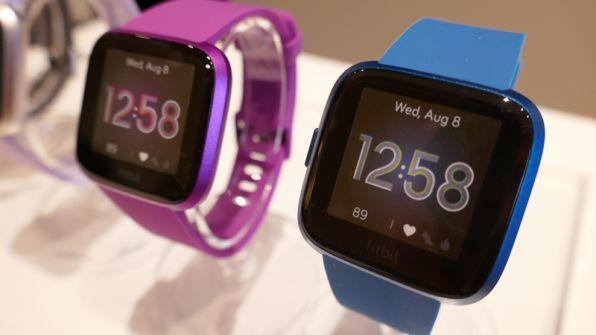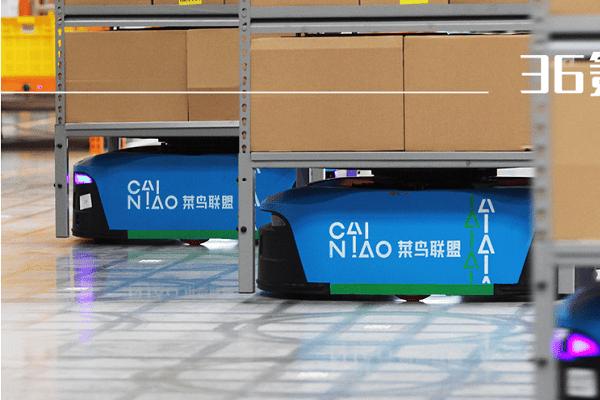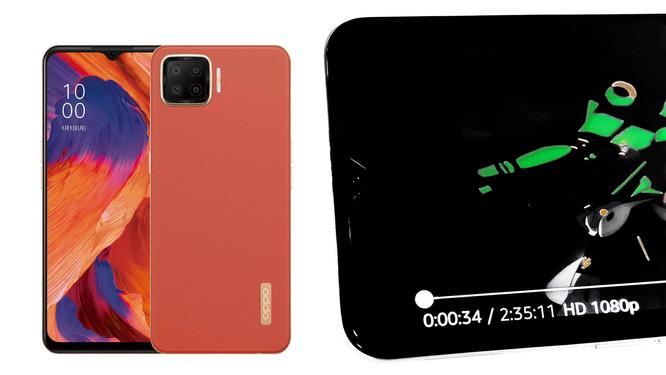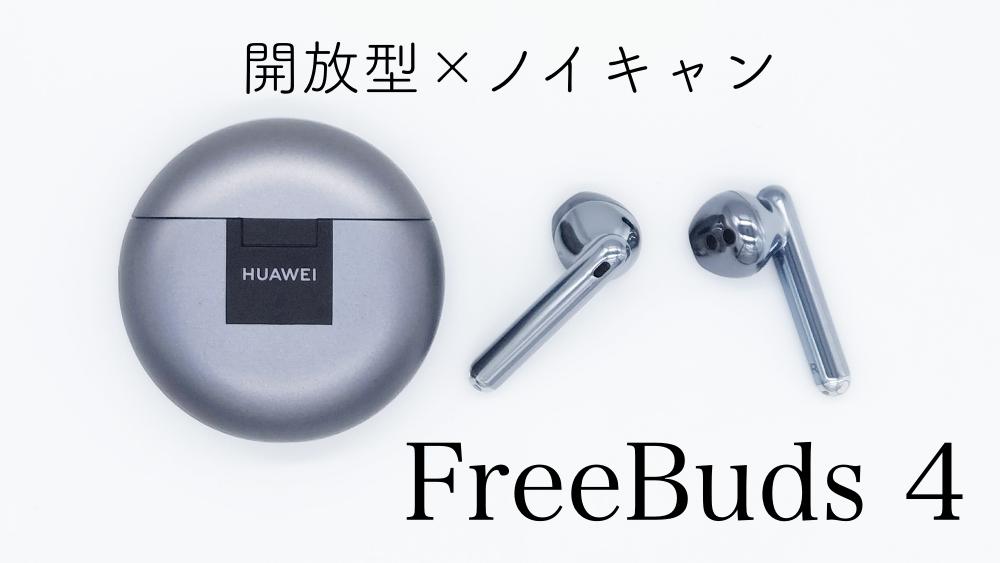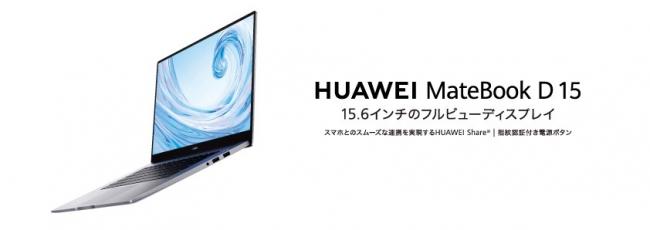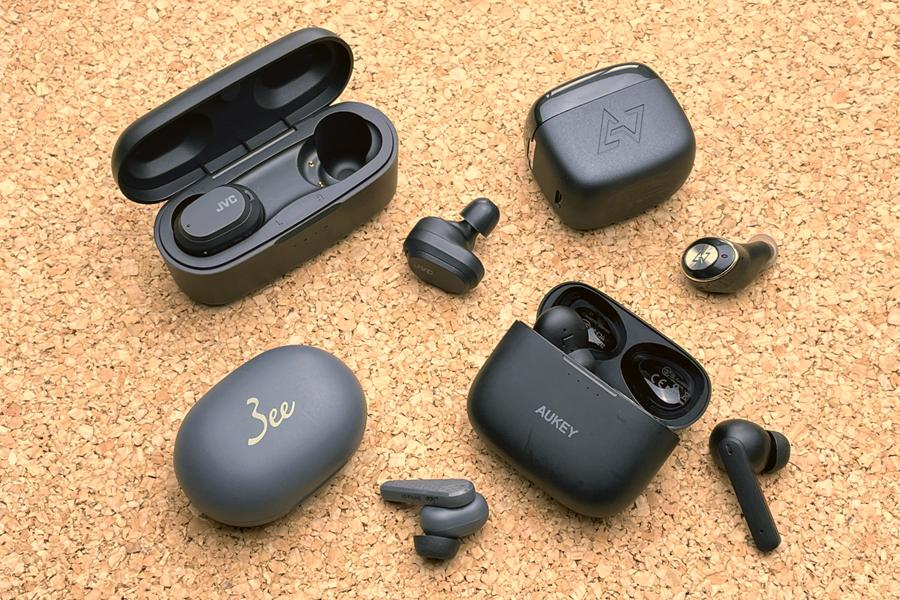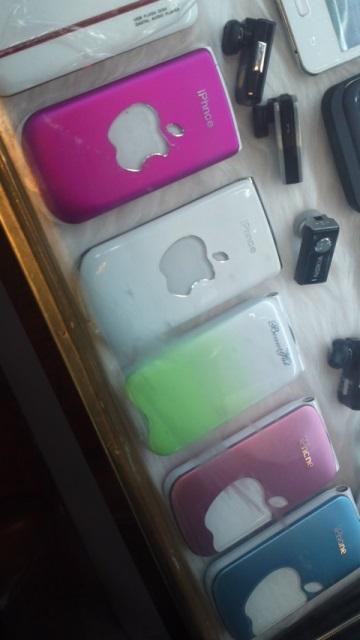Google (Alphabet) is buying fitness band maker Fitbit. The purchase price is 2.1 billion dollars (approximately 230 billion yen). This will strengthen the hardware business, but not only. Data is more important on Fitbit. Google can also get hold of the vast amount of data Fitbit has amassed.
Fitbit has a strong image of a band-type activity meter, but recently it has also been focusing on smartwatches. The photo is the smartwatch "Versa Lite" announced by Fitbit in March this year.
The purchase price is about double that of HTC's Pixel business
It's no surprise that Fitbit will be acquired. It's no surprise that Google will also acquire the smartwatch (fitness band included) business. Still, the combination of Google and Fitbit came as a bit of a surprise.
Google is offering Fitbit $2.1 billion. Fitbit's stock price appears to have risen as a result. For the past three years, Fitbit has been in the red in its quarterly earnings reports. There was speculation in October that the company was looking for a buyer.
I'm not sure if the $2.1 billion acquisition price is appropriate, but for example, when it bought HTC's Pixel division in 2017, it was $1.1 billion, and even further back, it was mainly for patents, and it was in 2011. The deal for Motorola Mobility was $12.5 billion.
Google is known for Android in the mobile industry, but recently it has become completely hardware-based, with smartphones such as Pixel, smart home Nest (acquired for $3.2 billion in 2014), and smart speaker Google Home. ing. Looking at iOS as it competes with Android, the iOS ecosystem includes smartphones and smartwatches. Google has the Pixel, but not the smartwatch.
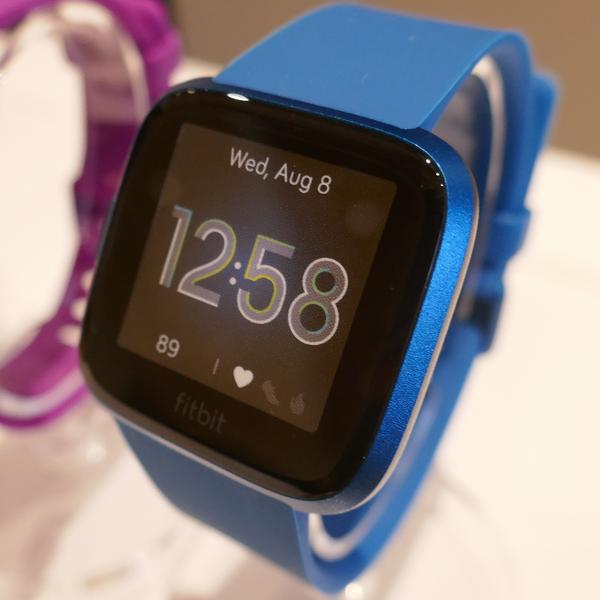
FitbitThe acquisition of Fitbit, which was shifting to smartwatches, can be analyzed from two aspects: hardware and data.
Let's start with the hardware business. Fitbit started with a band-type activity meter, but recently it has continued to evolve and transition to smart watches little by little. The Apple Watch had a rather strong fashion element when it first appeared, and it did not immediately become a big hit. When I visited Fitbit's headquarters in the fall of the year the Apple Watch was launched, the company's co-founder and CEO, James Park, said he didn't see it as a threat because it was aimed at a different target.
However, due to the trend of the times, Fitbit also advances its smartwatch strategy. But while Fitbit is synonymous with fitness bands, it's a weaker brand as a smartwatch. In Strategy Analytics' smartwatch market share (based on shipments) for the July-September period, it ranked third with a share of 11.3%. First place is Apple (about 48%), second place is Samsung (about 13%).
Fitbit develops smartwatches under the "Versa" brand (with its own OS), but the "Vesra Lite" announced in March did not perform well. This was the reason for the loss in the second quarter. The latest quarterly (Q3 2019) results showed a 12% year-on-year decline in sales. Since no new fitness bands were launched this quarter, smartwatches accounted for 58% of sales and fitness bands accounted for 39%.
Is Google aiming for health-related data? However, Google has a strict eye
The second piece of data may be more important than that. First, Park himself positioned Fitbit as a data company; Apple CEO Tim Cook positioned healthcare as a key business for Apple; and Google has not laid out a strategy in this area. As a result, you can think of Fitbit as filling this gap.
As introduced in an article three years ago in this series ("The unwavering champion of wearable devices even with the appearance of the Apple Watch, Fitbit's core is healthcare"), Fitbit builds a data strategy with the device as the entrance. I've been
In the United States, where health insurance is not public, there are cases where companies distribute Fitbits to employees as part of their welfare program, and this year, the Singapore government won a national health project. These businesses, which operate as a business unit as Fitbit Health Solutions, were a $73 million business in the third quarter, up 31% year over year.
In a blog post announcing the planned acquisition of Fitbit, Rick Osterioh, senior vice president of Devices and Services at Google, said, "Google is We aim to create tools that further enhance people's knowledge, success, health and happiness." Fitbit's long-term focus on wellness and helping people live healthier, more active lives. It is in line with the goal of
On the other hand, GAFA companies are becoming more and more strict on data collection, and privacy concerns are increasing. "Like all Google products, we're transparent about what data we collect and why. We don't sell your personal information to anyone else," Osterioh said. clearly stated.
Google's acquisition of Fitbit is expected to close in 2020, subject to regulatory approval. Will healthcare be the next big battleground for Google and Apple?
Freelance writer. After working as a reporter for Atmark IT, became a freelancer. He is familiar with the ICT situation in Europe, and is watching mobile, open source, and digital regulatory trends.

